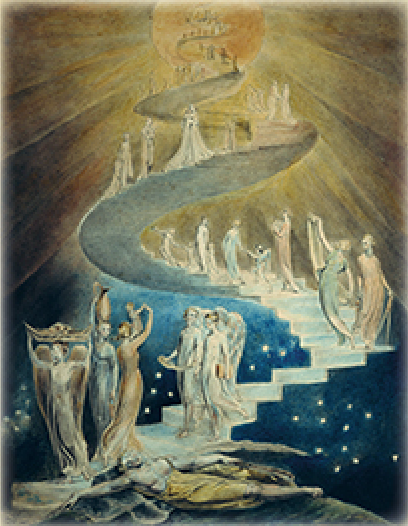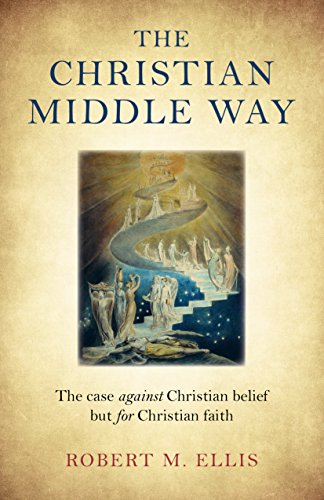Despite a Christian family background, I have never managed to be a Christian in the way defined by most churches. I am not a ‘believer’, and could recite no creed without a sense of hypocrisy and conflict. But after many years of engagement with other traditions – Buddhist, philosophical and psychological – it has become increasingly clear to me that ‘belief’ is not what Christianity is most importantly about. It is quite possible to drink deeply of what Christianity has to offer, indeed to be ‘Christian’ in all the ways that matter – morally, spiritually and intellectually – without ‘believing’ such absolute propositions as that God exists, or that Jesus is the Son of God, or that Jesus saves believers from sin. Indeed, I will go further. Such beliefs have no positive practical effects on the lives of Christians, beyond being shortcuts to group conformity which may also have many negative effects.
The Middle Way is the practical principle of avoiding both positive and negative absolutes, so as to develop provisional beliefs accessible to experience. Although inspired initially by the Buddha’s Middle Way, in Middle Way Philosophy Robert M. Ellis has developed it as a critical universalism: a way of separating the helpful from the unhelpful elements of any tradition.


